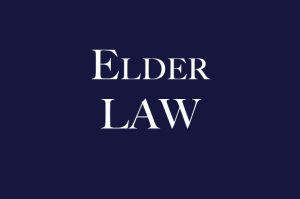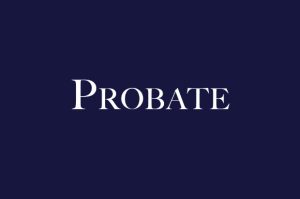Here Are The Differences
The living trust is the ideal way to accommodate somebody to deal with an individual’s property and the installment of his bills during any sort of incapacitation. The legal authority is a straightforward document that might fill that equivalent need rather with a Will, it’s a more basic file when wanting to assign an executor or guardian for your children.
The legal authority makes a type of office the individual named as the lawyer given the ability to go about as your representative for whatever reasons for existing are indicated in the record that has him or her choose for you.
A few general legal authorities are restricted in scope. Instances of restricted legal authorities are the representative cards that you can sign to approve somebody to compose to keep an eye on your ledger or to approve admittance for your protection. This gives the specialist of your choosing an expansive ability to deal with your property and take care of your bills. This person makes gifts for your benefit, move your property to a living trust, or agrees to clinical care.
Through the power of attorney feature, this person has the authority to make arrangements with land that should be recognizable. It also provides healthcare for the server in case something hectic does happen to the designator. This full legal authority may likewise be utilized to enhance the living trust. There are two kinds of legal powers: PROPERTY and HEALTH CARE. Both should be executed by the head.
FAQ
1. What is Medicaid fraud?
Medicaid fraud is simply false information to get Medicaid to pay for all the services needed for yourself or someone else.
2. How much does a will cost in NY?
A usual Will can cost you about $1200 but with an estate plan package, it’ll be around the same price range or even less with a good estate lawyer. Then that can be much cheaper up to $300 to $1000 depending on your situation.
3. When someone dies does their debt go away?
No, when someone dies, if that person had any debt, creditors will still ask for the money back adding more credit to the accounts. After the designation of the person’s assets during court, payment of debts will also be announced to whoever the court would call responsible. So a family member, spouse, or close friend will continue with paying everything you owe which is why you should make an estate plan to prevent this sort of conflict.
4. Does a trust protect assets from a nursing home?
Yes, as long as you transfer funds towards your rent, mortgage, or assistant living instead of going to a nursing home.
5. Can I make an estate plan alone?
You are allowed to make your own estate plan but this would have you leave any significant amount of errors if it isn’t viewed by an actual lawyer. So making your own estate plan might be an invalid one if not looked over.
6. What does an elder care attorney do?
An elder care attorney has the expertise in arranging any necessary goals for whoever the elder being served needs. It can go along with not just estate planning but also medical care proxies, elder abuse, or dealing with ownership of spousal belongings. This is all regards to any senior over the age of 50.
7. What is a Totten Trust Form?
This is a trust form that allows you to avoid probate due to already assigning a beneficiary after your name.
8. How do I know if my unemployment claim was approved in NY?
After applying for unemployment at the official NY government website, ny.gov, you should receive a letter towards your home address 2 weeks after applying stating how much unemployment you should receive. Though that’s if you get approved. If not, you would receive the same letter in the same amount of time saying you’re ineligible due to certain dynamics in your life that the government won’t give you many benefits.
9. Do you need a lawyer for advance directives?
These forms can be created by yourself as long as you are over the age of 18 but has the same disadvantages as handwriting your own Will. This means that advance directives shouldn’t be handwritten to prevent future fallacies due to not being able to read the file or putting information that has nothing to do with what’s needed. So you can make your own advance directives but it’s recommended to get a lawyer to guide you in the process.
10. Does a trust override a will?
No, a trust has different functions than a Will but a trust secures the Wills needs for whatever is listed.









